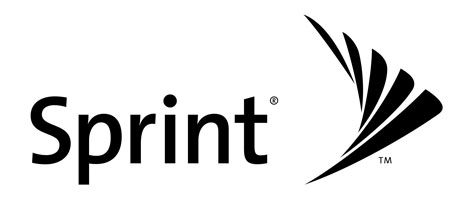 I doubt that anyone expects the clamshell phone to make a comeback, but that’s not stopping the Blackberry Style 9670, a flip phone that’s coming to Sprint on October 31.
I doubt that anyone expects the clamshell phone to make a comeback, but that’s not stopping the Blackberry Style 9670, a flip phone that’s coming to Sprint on October 31.
The Style has a 624 MHz processor, 5 megapixel camera, microSD storage, GPS, Wi-Fi, and the Blackberry 6 operating system. It costs $100 with a two-year contract, after a $100 mail-in rebate. Coverage, which requires a data plan, starts at $70 per month.
Is it wrong that I’m totally fascinated by this product? Sprint and Research in Motion justify the Style’s existence by claiming that 100 million people currently use flip phones. They don’t say how many of those people would want a clamshell with smartphone guts. Usually, flip phones are dirt-cheap, and don’t require data plans. That’s the allure.
Which is not to say that a flip smartphone (a fartphone?) has no appeal. Have you ever tried to emphatically hang up an iPhone? You can’t. Ever tried to answer a call on a touch screen phone without looking at it? Good luck. With the flip phone, you flick it open with your thumb and forefinger to answer the call. You snap it closed with gusto. It’s wonderful.
But $100 wonderful? I don’t know.

 For a carrier that made so much of being the first to 4G, it’s own issues with keeping 4G handsets in stock may end up costing it the lead in the race towards faster wireless speeds. Sprint CEO Dan Hesse was surprising candid about the company’s issues in an interview with the Wall Street Journal that appeared
For a carrier that made so much of being the first to 4G, it’s own issues with keeping 4G handsets in stock may end up costing it the lead in the race towards faster wireless speeds. Sprint CEO Dan Hesse was surprising candid about the company’s issues in an interview with the Wall Street Journal that appeared 